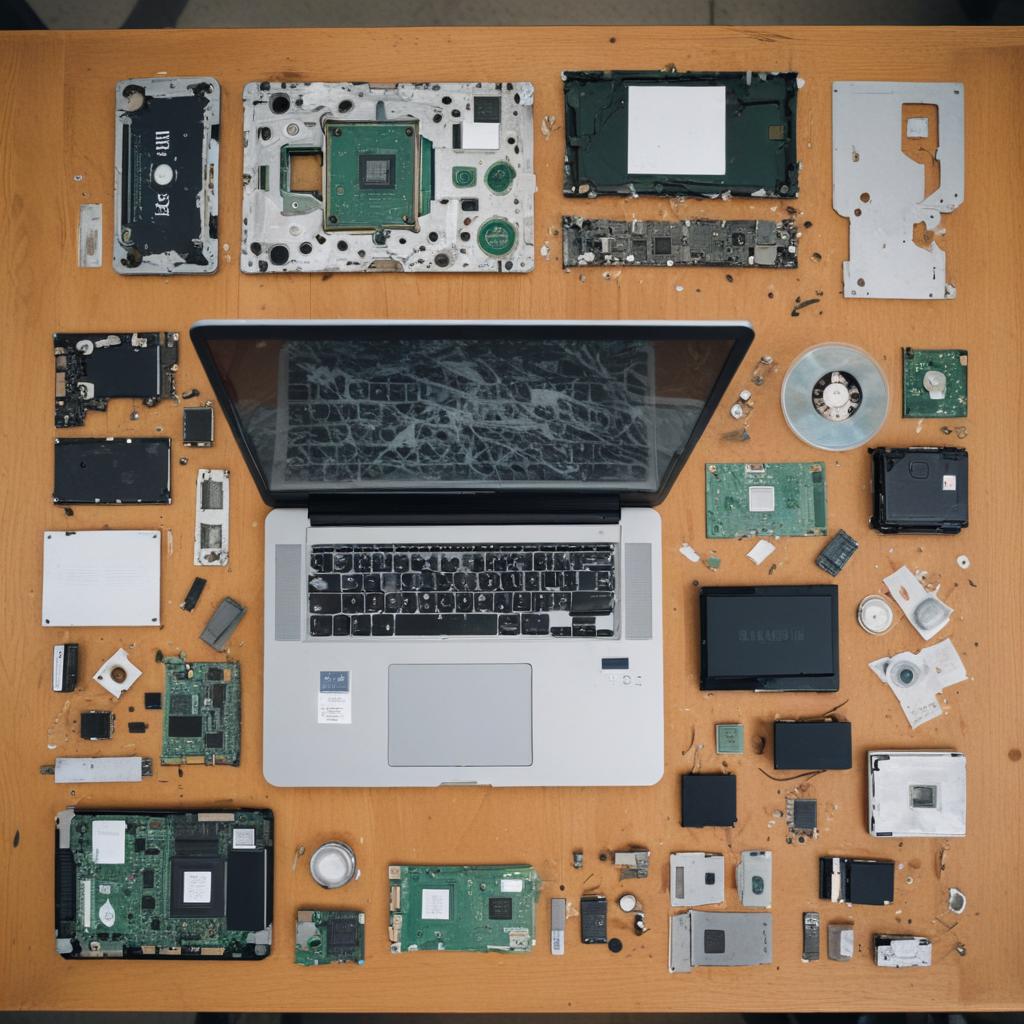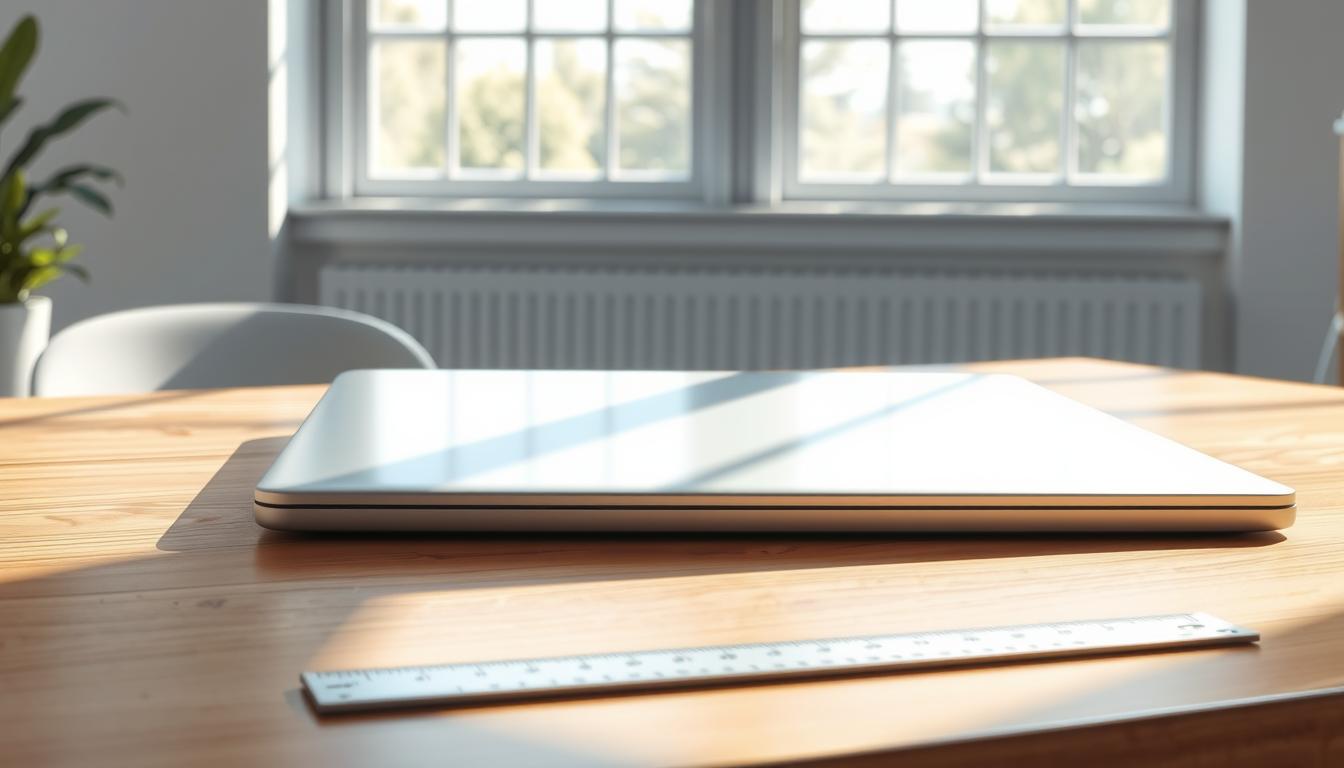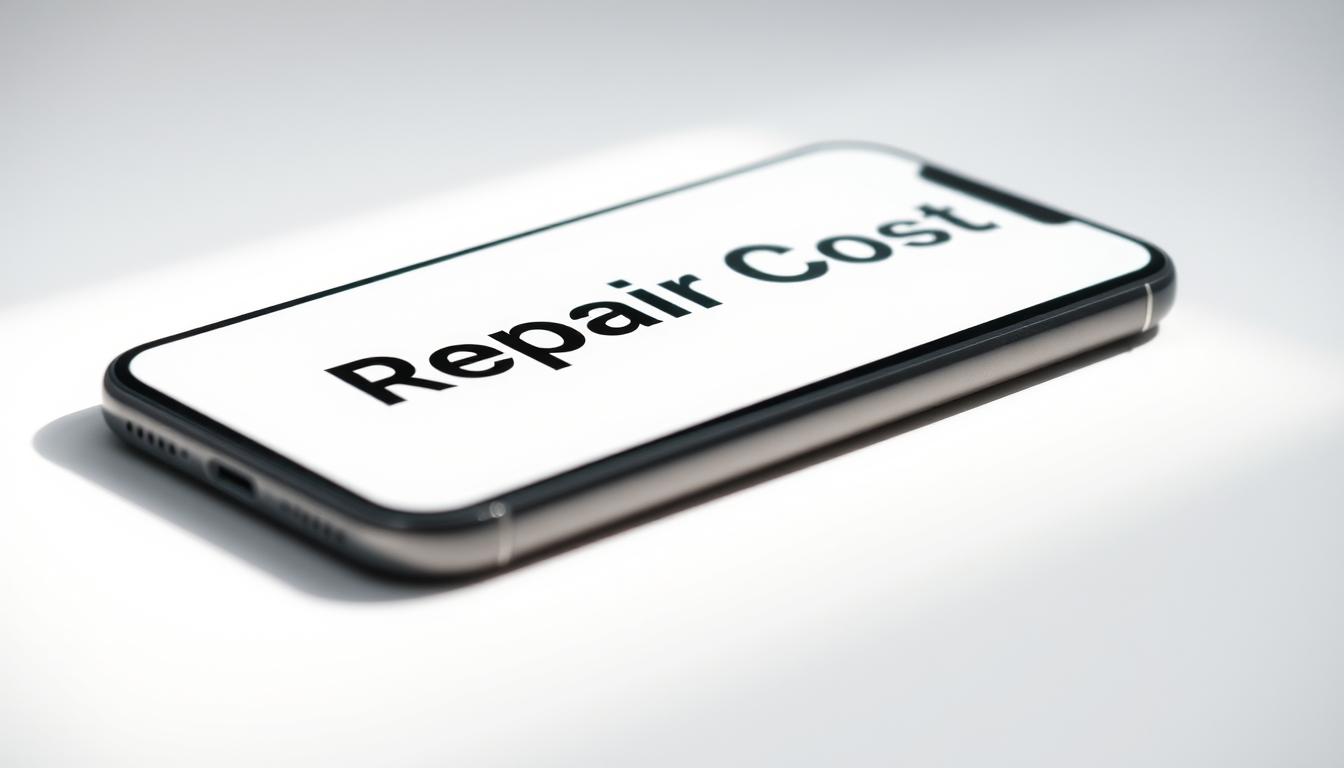Introduction
Laptops are significant investments, often essential for work, education, and personal use. As technology rapidly evolves, many users wonder about the longevity of their devices, specifically, “Can a laptop last 10 years?” This question is crucial for those looking to maximize their investment and avoid frequent replacements. This article explores the factors that influence a laptop’s lifespan, maintenance practices, and considerations for extending its usability over a decade.
Table Of Contents
- Factors Influencing a Laptop’s Lifespan
- Maintenance Practices for Longevity
- Upgrading vs. Replacing Components
- Frequently Asked Questions (FAQs)
- Conclusion
Factors Influencing A Laptop’s Lifespan
Hardware Quality
The quality of a laptop’s hardware significantly affects its longevity. High-end laptops typically feature more durable components, such as robust processors, solid-state drives (SSDs), and quality build materials, which can withstand wear and tear over time. Conversely, budget models may use less durable materials and components, potentially reducing their lifespan.
Recommended: Is It Worth It To Fix An Old Mac?
Usage Patterns
How a laptop is used also plays a critical role in its longevity. Intensive tasks such as gaming, video editing, and 3D rendering can accelerate hardware degradation compared to lighter tasks like browsing the web or word processing. Additionally, continuous use without proper cooling can lead to overheating, further shortening a laptop’s lifespan.
Technological Obsolescence
Technology advances rapidly, and what is cutting-edge today may become outdated in a few years. Software updates, operating system requirements, and the increasing demands of applications can render older hardware insufficient. While a laptop might still function physically after 10 years, it may struggle to run newer software efficiently.
Maintenance Practices For Longevity
Regular Cleaning And Care
Dust and debris can accumulate inside a laptop, affecting its cooling system and overall performance. Regularly cleaning vents, fans, and the keyboard can help maintain optimal operation and prevent overheating. Using a laptop on a hard, flat surface can also improve airflow and cooling.
Battery Care
Laptop batteries degrade over time, with most lasting between 300 to 500 charge cycles. To extend battery life, avoid keeping the laptop plugged in constantly, which can overcharge and degrade the battery. Instead, allow the battery to discharge occasionally and recharge it when it reaches around 20-30%.
Software Maintenance
Keeping the laptop’s software up-to-date is crucial for security and performance. Regularly update the operating system, drivers, and applications. Running antivirus scans and avoiding unnecessary software installations can also help maintain system integrity and performance.
Upgrading Vs. Replacing Components
As a laptop ages, upgrading certain components can extend its usability. For example, increasing RAM, replacing a traditional hard drive with an SSD, or upgrading the battery can improve performance and longevity. However, these upgrades may have limitations, particularly with older models or proprietary hardware, where compatibility issues can arise.
In some cases, replacing a laptop may be more cost-effective than upgrading, especially if multiple components are outdated or if the device no longer meets the user’s performance needs. Weighing the cost of upgrades against the benefits of a new laptop is essential in making this decision.
Frequently Asked Questions (FAQs)
Is It Possible For A Laptop To Last 10 Years With Daily Use?
Yes, with proper maintenance and care, a laptop can last 10 years. However, it may require upgrades and careful management to remain functional and efficient.
What Are The Signs That A Laptop Is Nearing The End Of Its Lifespan?
Common signs include frequent overheating, persistent performance issues, difficulty running newer software, and hardware failures such as battery degradation or failing drives.
You May Also Check: Why Is Mac Repair So Expensive?
How Often Should I Replace My Laptop To Keep Up With Technology?
The ideal replacement period varies based on usage needs and technological advancements. For many users, a laptop replacement every 4-6 years is typical to keep up with new software and performance requirements.
Conclusion
While a laptop can indeed last up to 10 years or more, achieving this lifespan requires mindful usage, regular maintenance, and sometimes component upgrades. The decision to upgrade or replace a laptop depends on various factors, including the device’s current state, user needs, and the cost of keeping it functional. By understanding and applying these considerations, users can maximize their laptops’ lifespan and value.




